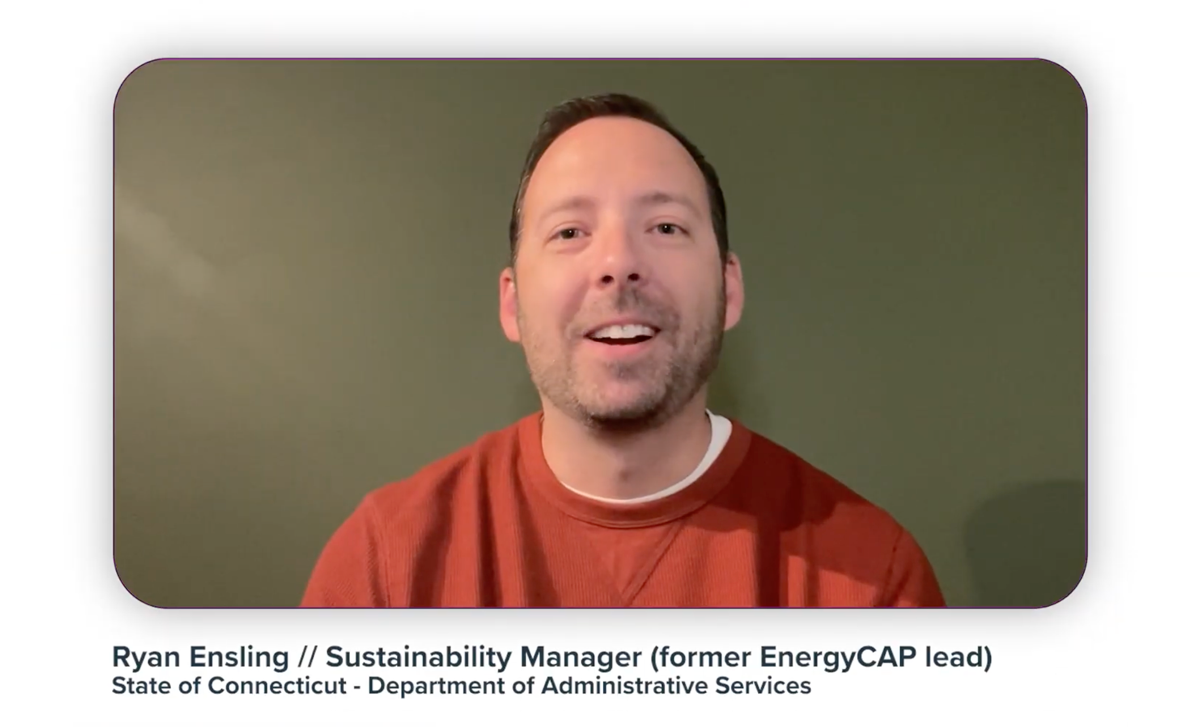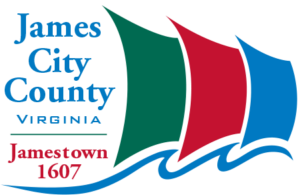Services Provided
- EnergyCAP’s UtilityManagement™
- EnergyCAP Bill CAPture™
- EnergyCAP Managed Services
- Bill audits
- Tracking and reporting
The State of Connecticut experienced significant improvements in utility management, data accuracy, and workflow efficiency by deploying EnergyCAP’s UtilityManagement™ platform with Bill CAPture Managed Services. The software enhanced their ability to track energy costs and consumption, provided comprehensive reporting capabilities and streamlined day-to-day operations. In conjunction with the software, EnergyCAP Bill CAPture™ Managed Services’ experienced staff now resolves billing and account-related issues on behalf of State of CT freeing up the team’s time for other more strategic work.
The customer
The Connecticut Department of Energy and Environmental Protection (CT DEEP) is a government agency that is charged with conserving, improving, and protecting the natural resources and the environment of the state of Connecticut as well as making cheaper, cleaner and more reliable energy available for the people and businesses of the state. In his formal role, Ryan Ensling served as the lead on managing and maintaining the state’s EnergyCAP profile. In his new role at the Connecticut Department of Administrative Services (CT DAS), Ryan Ensling focuses on sustainability initiatives overseeing a multitude of projects, including energy efficiency upgrades, solar implementation, and fleet vehicle electrification. State of CT has been working with EnergyCAP since 2016.
"The benefits from using EnergyCAP UtilityManagement have been tremendous for understanding how our buildings are operating, what our energy use is, and how much we're paying for it. It's been very beneficial, especially when we have to report out annually in our legislative report."
Ryan Ensling // Sustainability Manager

The challenge
State of CT struggled with an in-house utility tracking platform that only monitored electricity from a single utility company. This system lacked the comprehensive features necessary for tracking other energy commodities, resulting in inaccurate data reports. Ryan Ensling, a sustainability manager at CT DAS, noted, “We are required to track the state’s energy costs and consumption,” which was difficult to do when the State of CT’s in-house data platform was just tracking electricity for one major utility provider and not capturing all other energy commodities like natural gas or oil, propane.
Recognizing the need for a more robust solution, State of CT turned to EnergyCAP. The software’s comprehensive features and ability to track all energy commodities made it a standout choice for the agency.
Ryan states that he and his team “… train state agencies’ building management and business office staff who manage financial tasks and review invoices how to use the EnergyCAP platform.” They’re trained to use EnergyCAP in order to gain insights from the data and do their jobs more effectively.
The solution
Ryan Ensling praised EnergyCAP, saying, “The benefits from using the EnergyCAP UtilityManagement platform have been tremendous in understanding how our buildings are operating, what our energy use is and how much we’re paying for it.” EnergyCAP provided State of CT with an accurate, easy-to-use platform for tracking and reporting energy costs and consumption across all vendors, bridging the data gap they previously experienced.
Additionally, State of CT enrolled in Bill CAPture Managed Services. In doing so, a Bill CAPture representative was assigned to their account as an extension of the team to review bill issues and take appropriate action—setting up new accounts and meters in EnergyCAP Utility Management, resolving missing, duplicate, or corrected bill issues, and more. EnergyCAP Bill CAPture Managed Services saved Ryan ten to 15 hours a week by taking over what he calls “the day-to-day stuff: resolving kickouts, answering any problematic scans or uploading invoices.” Now, he’s able to free up time to do higher priority tasks and energy project management.
"Bill CAPture Managed services probably cut [the time I spent on mundane billing tasks] by more than half, I would say. A lot of my time was going through and just updating serial numbers, updating flags, or putting in tickets if something was not correct."
Ryan Ensling // Sustainability Manager
The results
By implementing EnergyCAP, State of CT saw a significant decrease in time spent on utility management—up to 10–15 hours weekly. This led to increased workflow efficiency and gave the team more time to focus on other important aspects of their work. The software also improved the accuracy of their data, which proved crucial for their legislative reporting and energy efficiency projects. Ryan Ensling stated, “Without EnergyCAP, I don’t know if we wouldn’t pick up on anomalies…EnergyCAP can run those reports and see the trend lines, things like that, that could really benefit.” EnergyCAP has facilitated better agency understanding of building performance, leading to more effective decision-making.
The results, in a nutshell:
- Enhanced understanding of building operations through detailed energy usage and cost data
- Saved significant time through premium Bill CAPture Managed Services, reducing daily management tasks and report generation
- Increased efficiency in auditing flags and bills, enabling a more detailed evaluation of energy usage.
- Discovered and resolved billing errors and anomalies, resulting in financial savings
- Improved accuracy in annual legislative reports by using audited data from EnergyCAP

 Best-in-class portfolio-level energy and utility bill data management and reporting.
Best-in-class portfolio-level energy and utility bill data management and reporting.
 Real-time energy and sustainability analytics for high-performance, net-zero buildings.
Real-time energy and sustainability analytics for high-performance, net-zero buildings.
 A holistic view of financial-grade scope 1, 2, and 3 carbon emissions data across your entire business.
A holistic view of financial-grade scope 1, 2, and 3 carbon emissions data across your entire business.
 Energy and sustainability benchmarking compliance software designed for utilities.
Energy and sustainability benchmarking compliance software designed for utilities.






